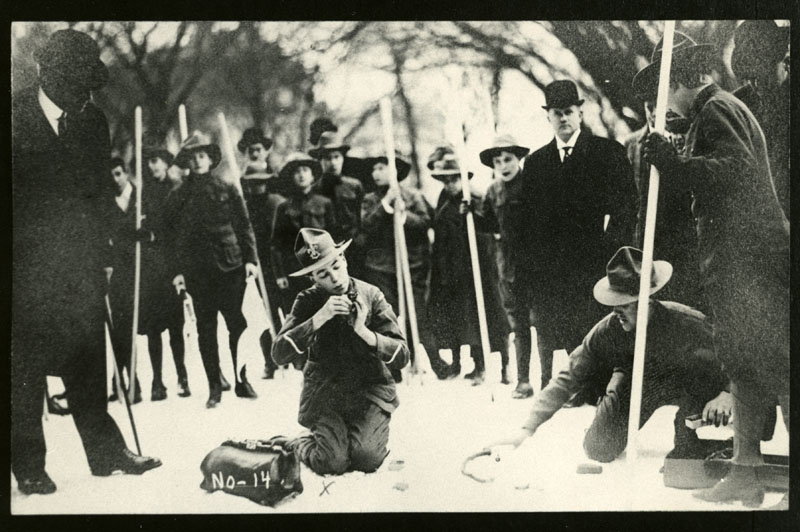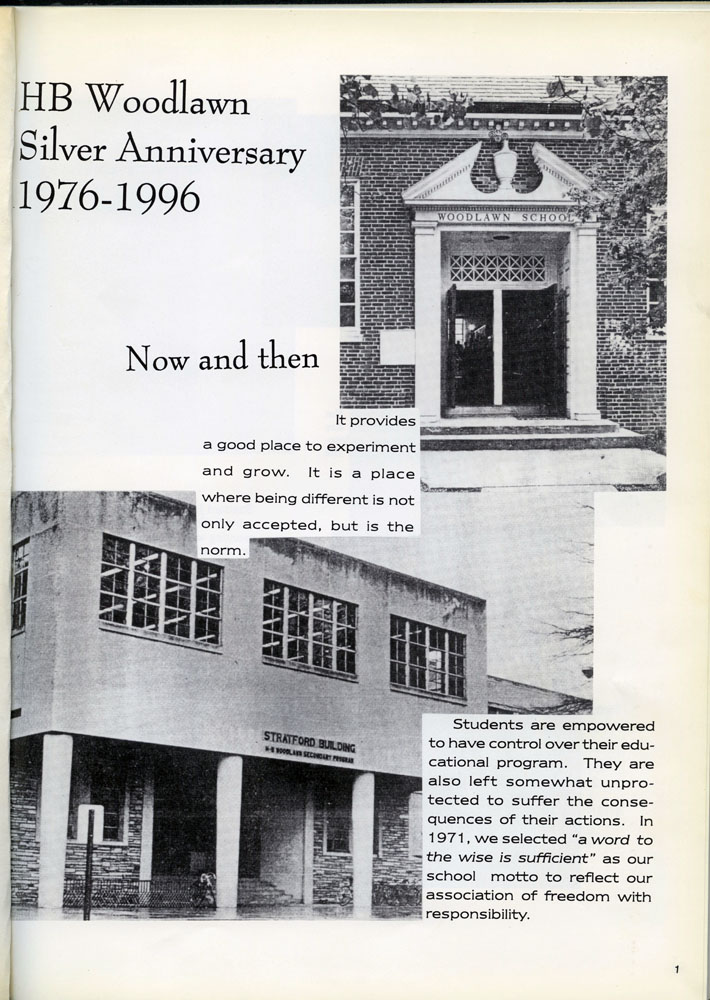Interview with Captain Carl Porter

Oral histories are used to understand historical events, actors, and movements from the point of view of real people’s personal experiences.
Carl Washburn Porter, a retired Navy captain and veteran of both world wars, lived in Arlington for most of his life.
Porter’s father worked in construction in the area during the early 20th century and Carl worked alongside his father during the summers, often using a horse-drawn wagon to bring construction supplies to job sites throughout the county.
Carl Porter as Boy Scout, c. 1909. Porter was a member of Troop #1, one of the first Boy Scout troops organized in the United States.
On more than one occasion during his childhood, Porter saw some famous faces in his travels around the area. Porter and his father even met President Wilson when their car broke down on Lee Highway! Porter shares that story, and other tales of Presidential sightings, in the following audio clip:
Narrator: Captain Carl Porter
Interviewer: Arthur W. True
Date: March 5, 1975
CP: While I am speaking of this, I also remember another time that my dad was going up Lee Highway (above Cherrydale) and we had a flat tire; and this was not uncommon in those days. And Dad had pulled over to the far side of the road and just started to work on the car, when another car pulled up behind. Someone got out and walked over, and it was – again, it was President Wilson, who was probably on his way up to the Golf Club – and stopped and asked if they could be of any help in fixing the tire. It shows how times have changed.
While I am mentioning this, I also recall that Theodore Roosevelt (a number of years before that), when he was President, he used to walk around the area between the White House and the Ellipse and Lafayette Park; and I remember seeing him standing out on the street in from of the old Boy’s YMCA on G Street, between 17th and 18th Street, with derby hat, frock coat, and pince-nez glasses. I remember his sons, approximately the same age as my brother and me – they attended Friends School in Washington – but they were, of course, just the same as any other boys: they liked to play baseball and whatnot; and when they went into the White House, they wouldn’t hesitate to barge in the front door and yell, “Ma, where is my baseball glove?” or something like that – any more than youngsters do that we are familiar with, or as we did ourselves.
Porter died in 1989, at age 92. You can find his oral history interview in its entirety in the Center for Local History - VA 975.5295 A7243oh ser.2 no.23.
Photo: Carl Porter, Boy Scout Troop #1, c. 1909.
The goal of the Arlington Voices project is to showcase the Center for Local History’s oral history collection in a publicly accessible and shareable way.
The Arlington Public Library began collecting oral histories of long-time residents in the 1970s, and since then the scope of the collection has expanded to capture the diverse voices of Arlington’s community. In 2016, staff members and volunteers recorded many additional hours of interviews, building the collection to 575 catalogued oral histories.
To browse our list of narrators indexed by interview subject, check out our community archive. To read a full transcript of an interview, visit the Center for Local History located at Central Library.




